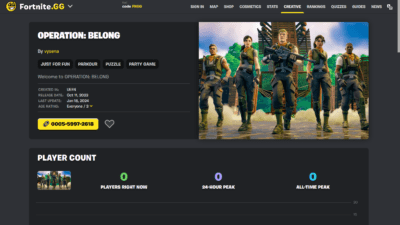Recruiting British soldiers at 16 isn’t just morally wrong. It’s bad economics
Open Democracy
The Ministry of Defence wastes £94 million every year training minors for army roles which could be filled more cost-effectively by adult recruits, says a new report launched today by human rights groups Child Soldiers International and ForcesWatch.
Britain is the only country in the EU, the Council of Europe or among the UN Security Council Permanent Membership to recruit sixteen year olds into the military. They may not drink in a Pub, smoke, or vote in General Elections. They cannot have commercial contracts enforced against them. They may not join the Fire Service, but they can join the British Army and on their eighteenth birthday risk being killed in combat.
Recruitment at 16 is a scandal. Wars in Kosovo, Iraq and now twelve years of armed conflict in Afghanistan make the danger of being killed in battle an every day reality from the day a young recruit turns 18.
The moral case against recruitment of sixteen year olds is compelling. Eighteen is the age of legal responsibility. Those below that age are considered too young to make decisions that may lead to putting their own lives or those of others at risk. Parliament’s Joint Committee on Human Rights has criticised the recruitment of minors. (PDF) The Defence Select Committee has called for the MOD to examine the impact of raising the recruitment age to eighteen.
In the report One Step Forward published today by Child Soldiers International and ForcesWatch authors David Gee and Rachel Taylor argue on the MOD’s own statistics that recruiting at the age of sixteen is more costly than recruiting adults and leads to a higher drop out rate. In 2010-2011 recruiting minors cost between £81.5 million and £94 million more than had only adults been recruited. Over 36 per cent of under 18s drop out of training compared with 29 per cent of adults.
The army has tried to justify recruitment at the age of sixteen on the basis of the social mobility. Yet the qualifications offered to minors in the army include neither GCSEs nor A Levels. The Government’s review of Vocational Education (the Wolf Report) concludes that GCSE passes in English and Maths are the gold standard on which social mobility can be built. Yet they are not available to minors in the army. Soldiers who leave in their mid twenties will be competing for jobs with people who have far better qualifications. There are few openings for a sharp shooter in civilian life.
Recruitment marketing paints a glamorous picture of military life. The reality is very different. Those joining the army at 16 face the greatest risks in combat. They are most likely to be in the front line. Of the 34 British armed forces fatalities in Afghanistan, aged 18 and 19, 27 enlisted as minors.
Sixteen year olds do not have the same understanding of risk-taking as adults. The brain is not yet fully developed. The report describes the conditioning given to recruits to overcome their inhibitions to kill. “Recruits aged 16 and 17 at the Army Foundation College in Harrogate are trained to charge at a hanging sack resembling a person and thrust a bayonet into its ‘body’ while their peers shout encouragement such as ‘Kill! Kill! Kill.’”
The report finds that minors in the military are more likely than adults to be at risk of self-harm, post traumatic stress disorder, sexual harassment and bullying.
The government plans to raise the school leaving age to 18 yet to exempt junior entry soldiers. Can conditioning adolescents to kill, by stimulating the sympathetic nervous system to suppress innate inhibitions to violence be considered educational in any meaningful sense of the word?
Under plans to restructure the army, numbers of regular soldiers will fall from 102,000 to 82,000 by 2020. In the context of a smaller more professional army it makes sense to recruit those with the greatest maturity and judgment.
One Step Forward: The case for ending recruitment of minors by the British armed forces may be downloaded here.
See more: recruitment age,










